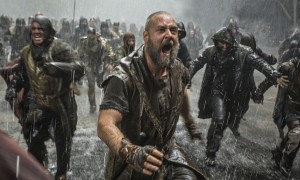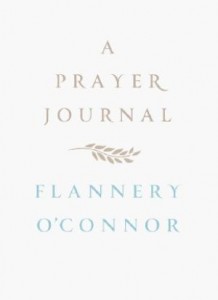1. The Exorcism of Emily Rose, $30.2 million.
2. The 40-Year-Old Virgin, $7.9 million.
3. The Transporter 2, $7.2 million.
4. The Constant Gardener, $4.8 million.
5. Red Eye, $4.6 million.
6. The Man, $4.0 million.
7. The Brothers Grimm, $3.3 million.
8. Wedding Crashers, $3.2 million.
9. Four Brothers, $2.9 million.
10. March of the Penguins, $2.5 million.
11. The Skeleton Key, $1.6 million.
12. The Cave, $1.3 million.
—————————————————————————
I haven’t caught the film yet because a series of trips and cruises have conspired to keep me from seeing it. (Demonic? hmmmm….) I look forward to seeing it as soon as I have a free evening – looking like Sunday right now.)
The Los Angeles Daily News had a good article about the film. I haven’t been able to find it on line but here are a few choice bits…
[from the Los Angeles Daily News, 9/2005, The Devil You Don’t Know, by Glenn Whipp]
Make a movie with a variation of the word “exorcist” in the title and you’re inviting a host of head-spinning associations that would scare the bejesus out of most first-time directors.
“Pea soup. That’s the first thing you think of,” says Scott Derrickson. “That and the other things — the language — that came out of little Linda Blair’s mouth.”
There’s nothing that shocking in Derrickson’s “The Exorcism of Emily Rose,” which he directed and co-wrote with writing partner Paul Harris Boardman. And that’s the point. Though they’re ostensibly both horror movies, the two films approach the subject of demonic possession with entirely different objectives in mind. “Emily Rose” is, at times, terrifying, but at its heart, it asks some big questions about the existence of demons and angels and, by extension, Satan and God.
And as great a piece of horror as “The Exorcist” is, director William Friedkin and writer William Peter Blatty didn’t seem overtly concerned with the spiritual implications of their film. The demonic possession of the movie’s 12-year-old girl (memorably played by Blair) was as much about exploiting parents’ fears and frustrations over their children’s burgeoning adolescence as it was about the reality of the spiritual realm. The film was a full-frontal assault on the senses, not necessarily the intellect.
“Emily Rose” counters the raw escapism of “The Exorcist” with a dogged determination to get to the heart of the spiritual matter.
…
“I certainly wasn’t interested in inserting my own point of view,” Derrickson says. “The questions themselves are interesting. There are very intelligent people who come down on both sides of the argument about the existence of angels and demons. For me, it’s impossible to live without reckoning — honestly and deeply — with those questions, because how you answer them is going to affect how you live, how you think.”
[NOTE from Barb: And now, some choice materialistic absurdity from the two stars in the project…It really shows how brilliant Scott had to be to get this project made and to keep it reverent…]
“I’m on the side of the prosecution,” says Tom Wilkinson, who plays the accused priest in “Emily Rose.” Wilkinson is referring to the movie, not the real case, but it doesn’t really matter since the film sticks pretty close to the essential facts of the girl’s condition.
“This is a girl that’s sadly schizophrenic,” Wilkinson says. “She should have been cared for with drugs as opposed to exorcism — but that’s just my opinion, and my opinion isn’t worth a damn. I’m not religious, and I don’t believe it.”
…
Linney, the linchpin of the cast, was initially reluctant to make the movie, fearful that Derrickson had an agenda that could turn the film into what she calls “religious propaganda.” Derrickson convinced her otherwise during a three-hour meeting at the Chateau Marmont in Hollywood.
“The last thing I want to be in is a movie that’s identified with some kind of religious filmmaking movement,” Linney says.
…..
Derrickson, who graduated from the Christian liberal arts college Biola University and, later, from USC with a masters degree in film production, has done his share of thinking on the issues. But he isn’t eager to share any of his conclusions, preferring that “Emily Rose” unravel with a shifting, “Rashomon”-style perspective that offers little in the way of black-and-white certainty.
“It’s not that I don’t have strong opinions about the subject matter,” Derrickson says. “It’s just that when you’re dealing with politics and religious subject matter, you are typically better off posing the proper questions than trying to propose the answers to them. I know when I’m watching a movie and I feel the filmmaker’s point of view coming across too distinctly, even if it’s one I agree with, I find myself resisting.
“It’s the difference between art and propaganda or quality entertainment and propaganda,” Derrickson adds. “I’m not interested in convincing. The pulpit in churches is for that purpose. The pulpit for politicians is for that purpose. It doesn’t belong in movies.”











